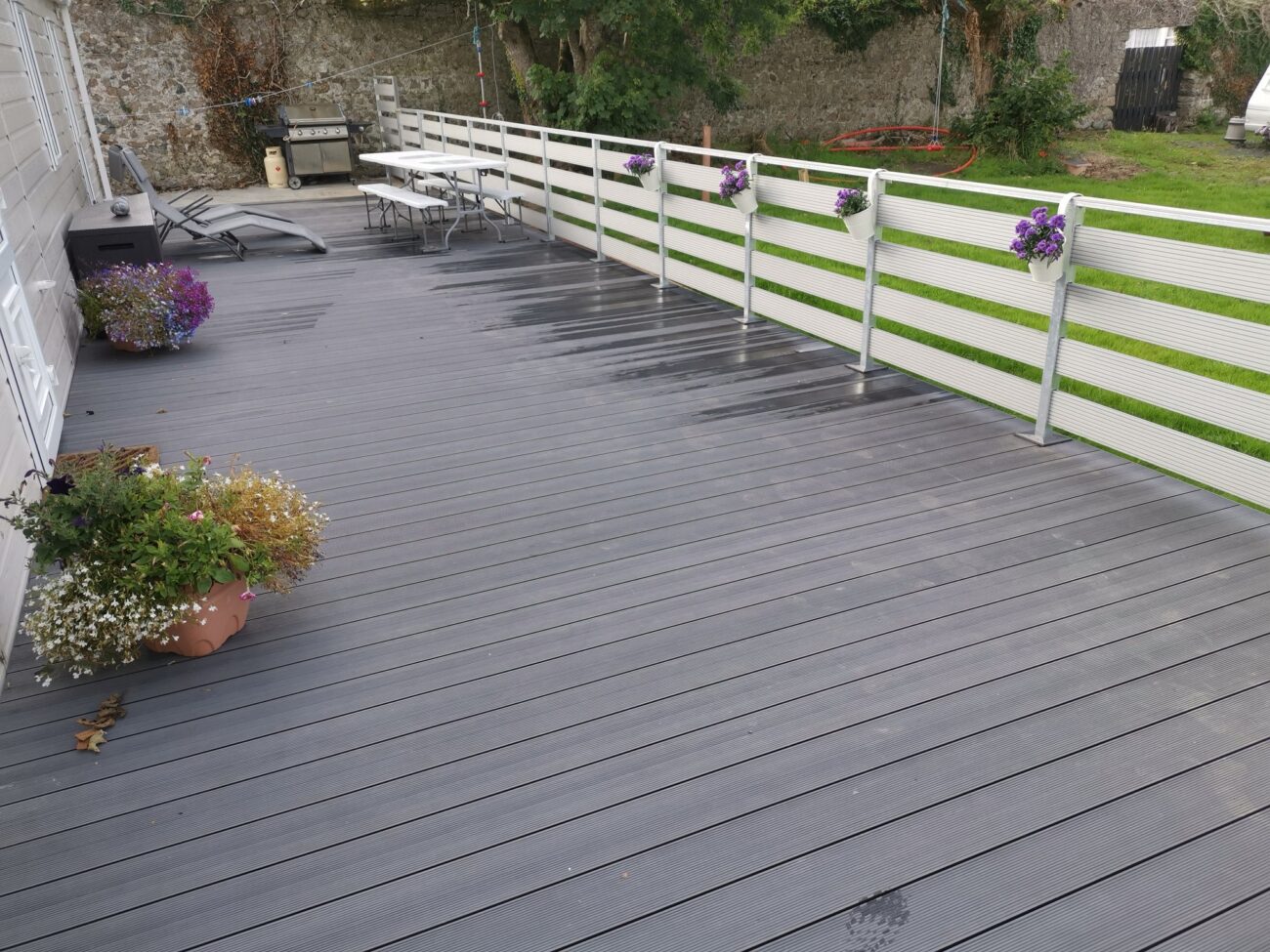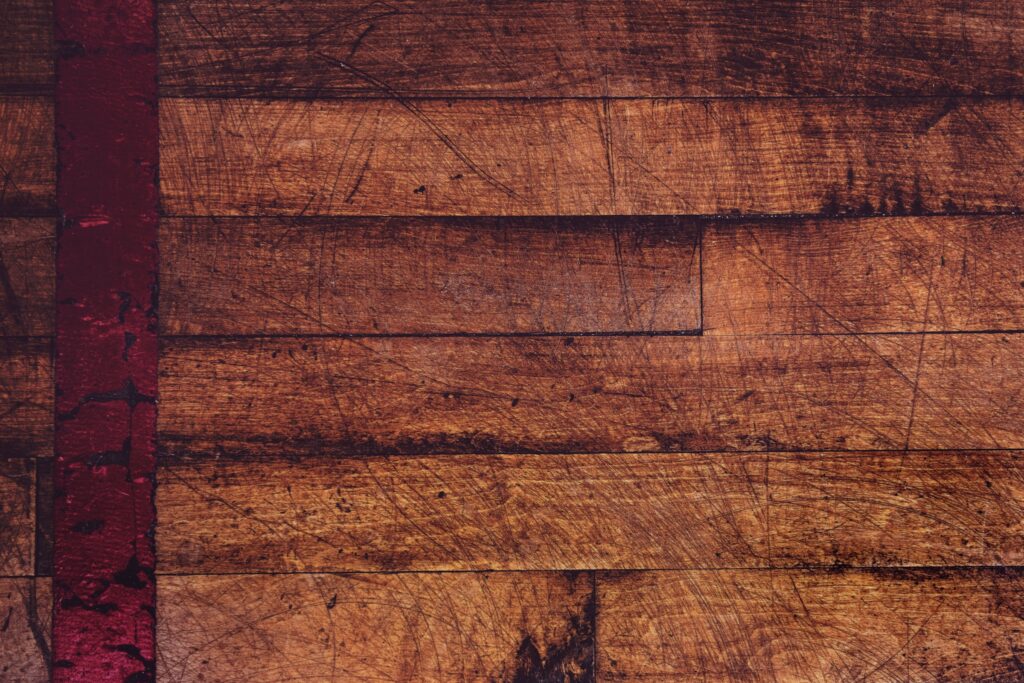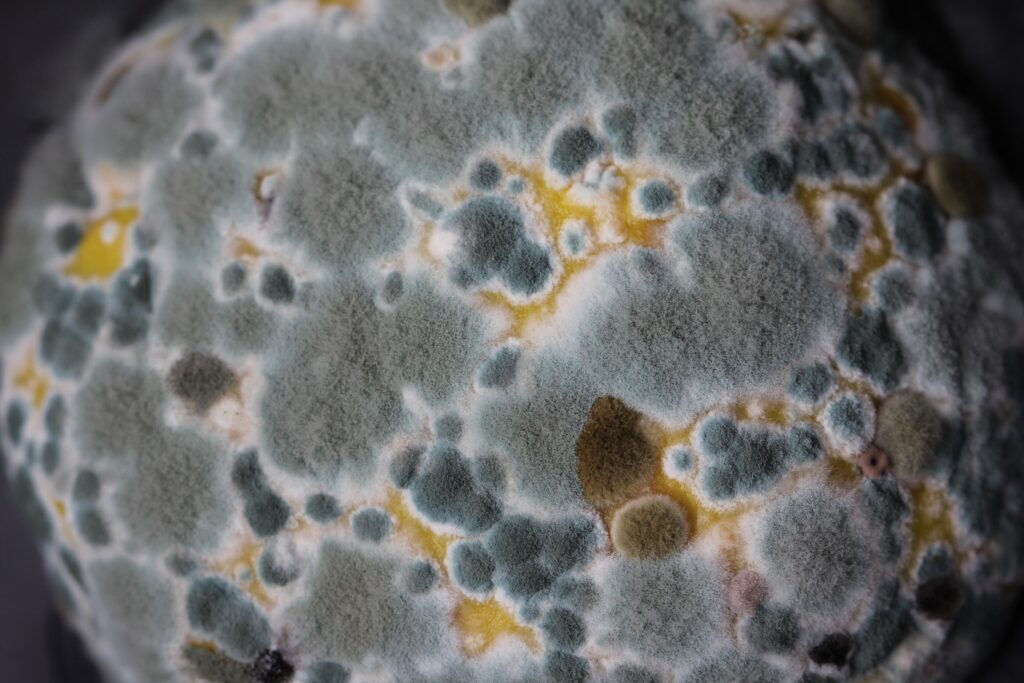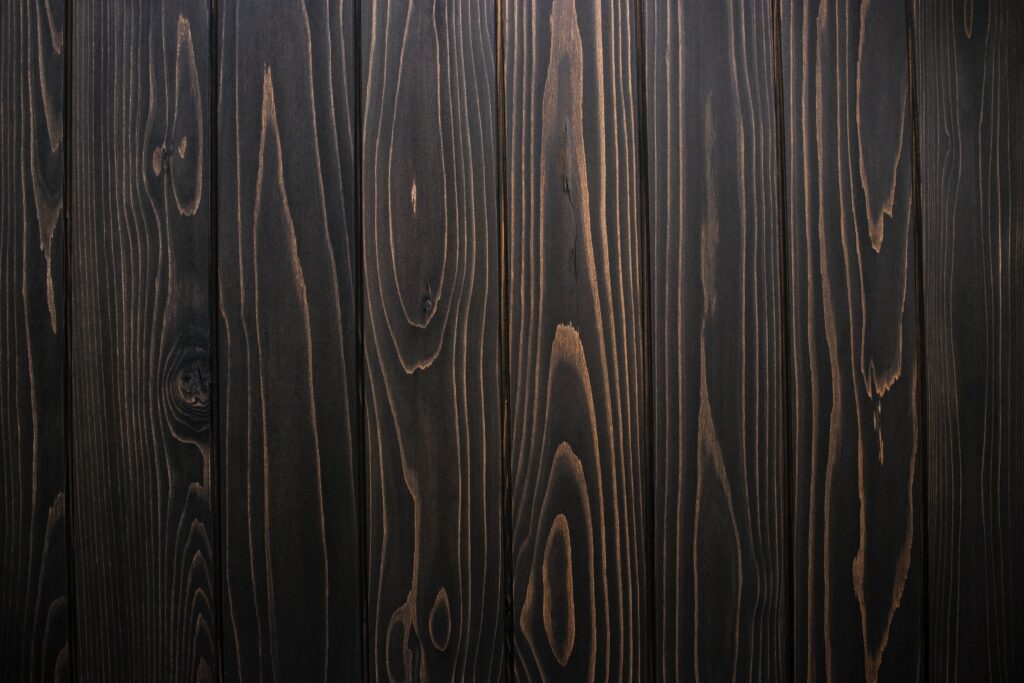
Composite is certainly one of the most popular decking solutions: it requires little to no maintenance, it’s highly customizable, all while being extremely eco-friendly. However, just like any other type of decking material, it comes with its own drawbacks as well.
In this article, we’ll talk about the potential disadvantages of composite decking to help you reach the best decision for your deck-building project.
So, without any further ado, let’s get right to the bottom of it!
Higher up-front costs

While composite decks require little maintenance saving you a fortune in the long haul, they’re still quite expensive to build. If you’d like to install a beautiful, high-quality composite decking, expect to pay a high price: it’s as simple as that.
You can find affordable composite decking options if you look hard enough, but if it sounds too good to be true, then it probably is so. Don’t risk ending up with a deck made from potentially toxic, low-grade materials. Work only with the most reliable, trustworthy deck builders you can find, and don’t hesitate to ask for referrals and testimonials while you’re at it.
All in all, composite decking comes with higher up-front costs, which can be off-putting for people working on a tight budget. Check the average prices of these installations in your area before you rush into the entire process.
It’s prone to scratches

One of the biggest complaints most composite decking owners report has to be the deck’s tendency to get scratched over time. The only way you can avoid this is by being extremely careful when placing items onto your deck. We all know this is impossible if you have pets or small children around, so if that’s you, avoid this type of decking. Once it gets scratched, you’ll need to either replace it or fix it, which can be quite expensive. Purchase additional boards to save up on money later on.
Mold and mildew

Even with composite materials, mold and mildew cannot be avoided. Still, unlike their wooden counterparts, composite decks cannot rot nor decay.
Cleaning and treating your deck to prevent and remove mold is all the maintenance it requires. Ask your supplier for additional tips on how to protect it from mold and mildew, and don’t hesitate to read more about it online.
Colors are permanent and can fade easily

Composite decking is famous for its customizability. You can get it in virtually any color, which provides you with tons of options. You should, however, also know that these colors are permanent. You won’t be able to switch things up later so stick with something neutral if possible.
Besides that, the color in your decking can fade after too much sun exposure. Again, be careful when choosing a supplier to ensure they’re working with high-quality materials that can withstand the outdoor conditions in your area.
They’ll never look nor feel like real wood

If you’re trying to go for a natural, wooden look, well, simply opt for a wooden deck instead of a composite one. While the technology is improving, composite decking won’t ever feel nor look like its wooden counterpart.



